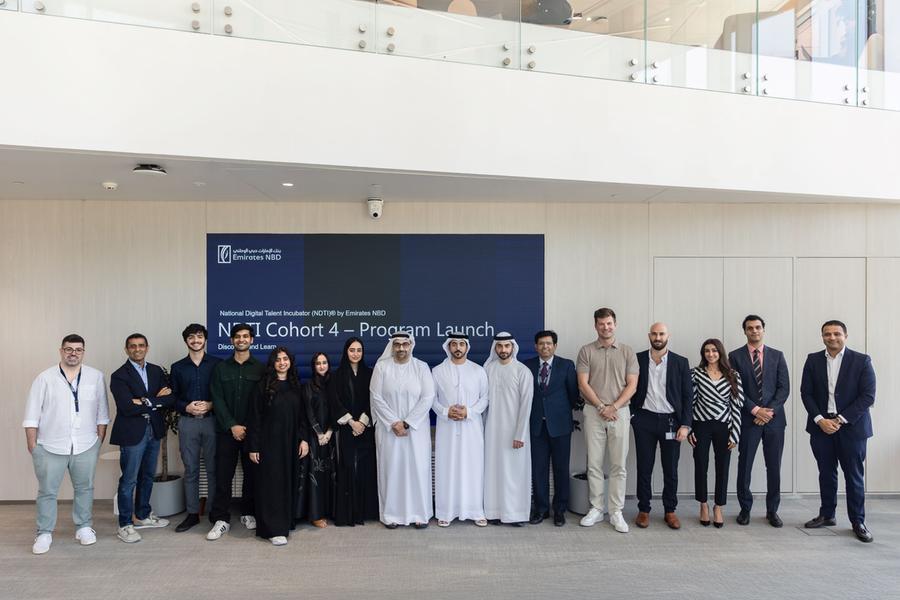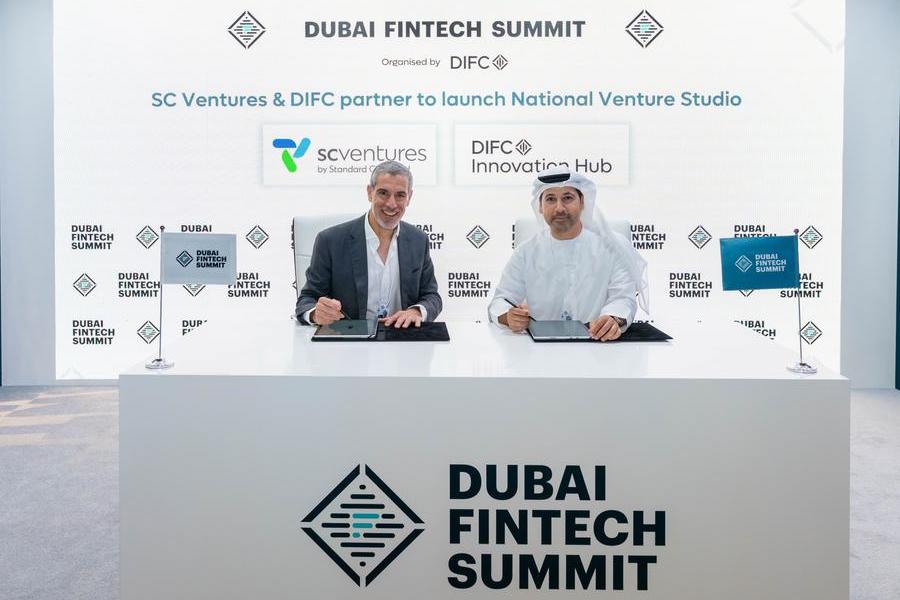Startup Genome | Building world-class startup ecosystems
Across the region, public capital is being mobilized into strategic sectors: Artificial Intelligence (AI), Deep Tech, Climatetech, Fintech, and Digital Infrastructure. Abu Dhabi’s $100 billion commitment to AI, combined with Saudi Arabia’s $40 billion technology fund ambitions and the rise of sovereign-supported accelerators, show that this is not opportunistic investment - it is national strategy.
Notably, these are not just early-stage bets. Scaleup pipelines are maturing with 13 unicorns already in the UAE (e.g. Careem & Kitopi) and Saudi (e.g. Tabby & Tamara). In Riyadh, Dubai, and Abu Dhabi specifically, we now see companies preparing for global market entry, supported by cross-border accelerator models and fast-track access to international capital.
What sets the Gulf apart is not just capital - it’s coherence. Each market is playing to its strengths:
These are not satellite ecosystems - they are becoming nodes in a Gulf-wide innovation network. And critically, they offer differentiated pathways for founders, investors, and corporates to engage with the region.
Beyond capital and corporate engagement, the long-term sustainability of the Gulf’s startup ecosystem depends on one asset above all: talent. Increasingly, it is the region’s university-powered cities that are becoming its most strategic innovation assets.
Sharjah stands out as a clear example. Often called the cultural capital of the UAE, it is rapidly emerging as the intellectual brain of the Gulf, with a concentration of world-class universities including the American University of Sharjah and the University of Sharjah. Together, these institutions are fueling the regional innovation economy with research talent, STEM graduates, and a growing number of science-based startups. The emirate’s positioning as a knowledge capital is not accidental - Sharjah has invested heavily in R&D infrastructure, research commercialization, and youth-focused entrepreneurial programming through platforms like Sharjah Research, Technology and Innovation Park (SRTIP). The result is a deepening pipeline of homegrown innovation talent increasingly feeding into Gulf-wide tech sectors.
This model is not unique to the UAE. Doha’s Education City has become a magnet for frontier research and social entrepreneurship, anchored by institutions such as Qatar Foundation and partner campuses of Georgetown, Carnegie Mellon, and HEC Paris. In Oman, the Knowledge Oasis Muscat is enabling applied research in renewables and logistics. In Saudi Arabia, the innovation output of King Fahd University of Petroleum and Minerals (KFUPM) in Dhahran is positioning the Eastern Province as a future node for engineering-led startup development.
These cities are building more than talent - they are catalyzing commercialization. As the region matures, university-led innovation will become a defining driver of competitiveness, fueling everything from Deep Tech and AI to Health Tech, Advanced Manufacturing, and creative industries. For Gulf economies aiming to localize IP and retain top-tier talent, these university cities are not peripheral - they are foundational.
Increasingly, the GCC is not just attracting startups - it’s scaling them. Founders across emerging markets now view the Gulf as a region where capital is available, government is proactive, talent is mobile, and cross-border growth is structurally supported.
And unlike some other fast-growing markets, this momentum is backed by national mandates, infrastructure-grade capital, and export-oriented thinking. From CleanTech solutions built in the desert to Deep Tech deployments in regulated sectors, the GCC is proving that it can be both a market and a launchpad.
As the 2025 Global Startup Ecosystem Report signals, the Gulf is not just navigating the downturn - it’s accelerating through it. This region’s innovation story is no longer peripheral to the global narrative - it is central. With sovereign strategy, city-level execution, and a rapidly maturing private sector, the GCC is building something few others are: a multi-city, multi-country startup corridor designed for scale, resilience, and global relevance.
This is not about glamor. It’s about grit, focus, and the long game. And it’s only just beginning.









